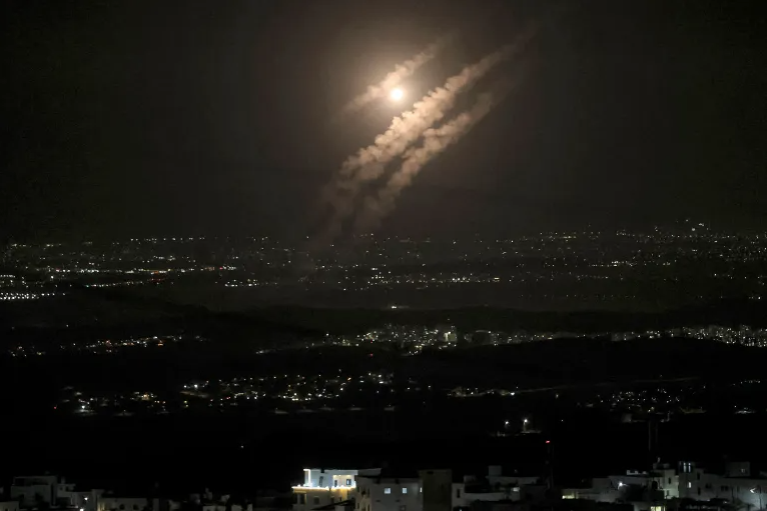In a message conveyed to the U.S. through Qatar, Iran made it clear it does not seek a regional conflict, but believes Israel needs to be “deterred,” according to an Iranian official speaking to Al Jazeera.
Iran warned the U.S. that any Israeli attack on its territory would provoke an “unconventional response,” which could include targeting Israeli infrastructure.
On Thursday, the Iranian official told Al Jazeera that the message was sent to the U.S. through Qatar in light of escalating regional tensions following Iran’s recent missile strike on Israel.
In the communication, Tehran informed Washington that it had ended its policy of “unilateral self-restraint,” adding that “national security demands” now outweighed individual restraint. However, the official reiterated that Iran is not seeking a regional war.
This comes after Israel vowed on Wednesday to retaliate for Iran’s Islamic Revolutionary Guard Corps’ (IRGC) two-wave ballistic missile strikes on Israeli military and security targets.
Iran claimed that the missile attacks, which took place on Tuesday, were in retaliation for Israeli operations in Gaza and Lebanon and the deaths of key members of Hezbollah and Hamas.
Although approximately 200 missiles were launched, Israel reported no casualties, as most projectiles were intercepted by defense systems. The U.S. has reaffirmed its commitment to supporting its close ally, Israel.
Al Jazeera’s Washington correspondent, Kimberly Halkett, reported that Iran’s message could be seen as a response to President Biden’s recent statement. On Wednesday, Biden said Israel had the right to respond to the missile strikes, a departure from his position earlier this year when he cautioned Israel against retaliation following a similar incident in April.
Halkett noted that the Iranian message could either signal an attempt to dissuade further action or serve as a warning of a larger response if Israel proceeds.
Grave Consequences
In the message to the U.S., Iran emphasized the need to curb Israel’s “unrestrained aggression” in the region, according to the Iranian official.
This week, Israel sent ground forces into southern Lebanon in what it described as “limited” raids and continued its bombing campaign, which has killed over 1,000 people and displaced over a million, according to Lebanese sources. Meanwhile, Israel’s ongoing military operations in Gaza, initiated nearly a year ago, have displaced 90% of Gaza’s population, worsening the humanitarian crisis.
Palestinian officials reported that over 41,000 people, mostly women and children, have been killed in the Gaza conflict, though Israel maintains it is targeting Hamas infrastructure.
The Iranian official stressed that Israel must face “practical deterrence.”
Tohid Asadi, an expert on Iranian affairs, told Al Jazeera that while Iran does not want to “drag West Asia into a full-scale war,” Israel has consistently provoked Tehran in recent months. Asadi suggested that Iranian leaders are sending mixed signals—expressing a desire to avoid war while simultaneously signaling their readiness to face one if necessary.
Military analyst Elijah Magnier echoed this sentiment, stating that Iran has two options: either allow its allies to be defeated and face an eventual Israeli attack, or engage in the conflict now. Magnier emphasized that Iran would not accept any Israeli attacks, even those targeting military or security sites, and warned that “Iran hit twice; Israel hit twice.”



















